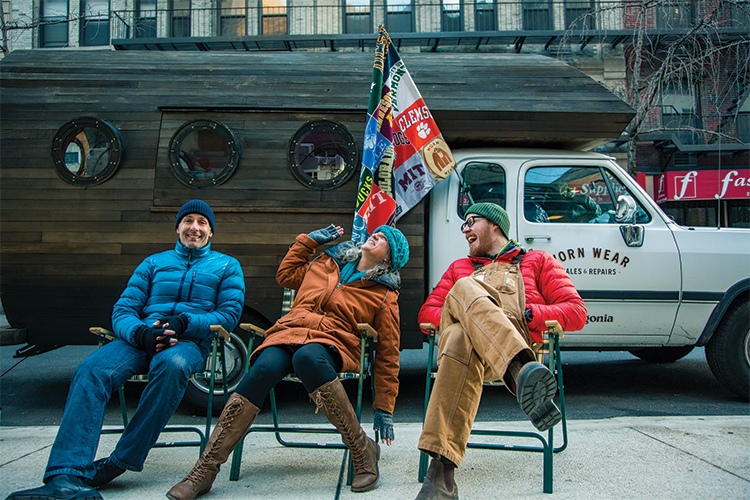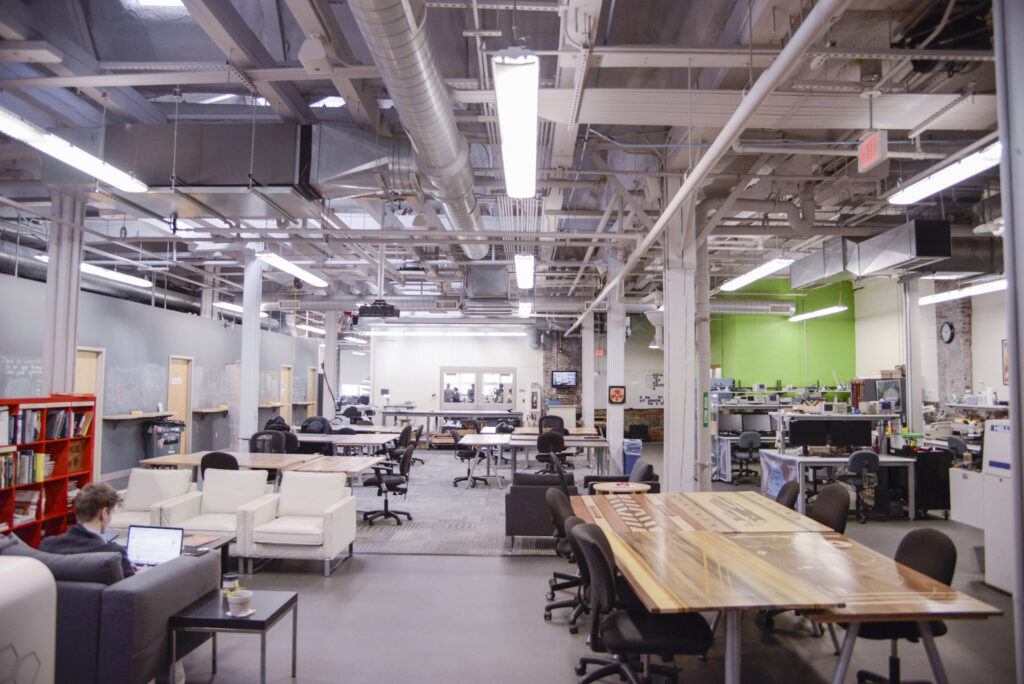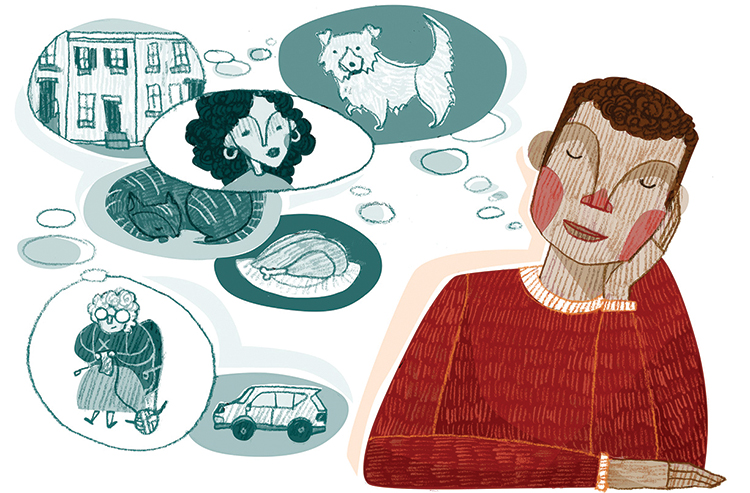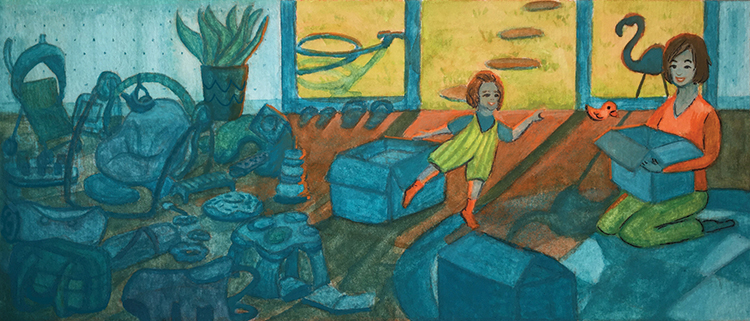Are Zero Waste College Campuses in Our Future?
by Jamie Bogert
Trash. Recycle. Laundry. These are the three options offered at CityCoHo, the largest and only green co-working space in Center City—and the new home to PLAN, the Post-Landfill Action Network.
The laundry bin, located in the common space next to an old red-leather couch you might remember from your friend’s basement growing up, is for towels and other washable items used in the facility in lieu of paper products.
“That’s one of the reasons we opted for this space. It’s got a focus on sustainable practices that we value,” says Faye Christoforo, co-director of PLAN; she also directs campus coordination for the program. And now, just over six weeks into making the City of Brotherly Love the nonprofit’s second major hub, Christoforo and her team are settling into their green office space and are ready to get to work.
What started at the University of New Hampshire by founder Alex Freid as a program to cultivate, educate and inspire students to lead a zero-waste lifestyle has since spread across the U.S. and Canada with PLAN groups working on 80 campuses, focusing on programs such as move-in/move-out initiatives, waste audits, free and thrift stores, and expanded recycling.
“Any person who has gone to college or lived near a college knows what it looks like during a move-out season,” Christoforo says. Sprawled out on campus streets are heaps of trash, beer-soaked folding tables, reading lamps and stacks of books students weren’t able to sell in time for move-out day.
That’s where PLAN comes in. The staff provides step-by-step advising to set students up with the necessary skills and information to implement zero-waste initiatives on campuses and help divert their waste.
“We act as kind of a liaison between students and their community who might not know where to find the resources,” says Chris Kane, director of research and resource development. “We want to connect those dots and show them the tangible results of their efforts.”
When Christoforo visited Philly a year ago as a trial run to see if the city would be a good fit, she met with leaders from colleges including Drexel University, University of Pennsylvania, Temple University and others. Now, a year later and with the local chapter’s feet firmly on the city streets, PLAN is connecting with others in the region and laying the foundation for future partnerships and individualized plans.
“We want Philly universities and colleges to know that we’re a resource that is physically here,” Christoforo says. And, right now, PLAN is working to help Drexel get a move-out program off the ground this year.
And while some projects on campuses will take more time than others, PLAN is wasting no time getting its fourth annual Students for Zero Waste conference off and running Nov. 4 at Temple University. More than 500 students, environmental justice activists, business innovators and other leaders in sustainability have attended past conferences.
The conference is, naturally, zero-waste and offers a packed schedule of panel discussions, skills-building workshops and case-study sessions for a deep dive into what students can do on a global scale—as well as right on their own campuses.
While many campuses are working toward a zero-waste goal, there has yet to be a college in the U.S. that can claim a fully zero-waste campus. But many schools are moving ahead with initiatives and action plans, and there are plenty of schools in the region that may gain inspiration from Philadelphia’s new action plan to be a zero-waste city by 2035.
Still, Christoforo, who went to Earlham College in Indiana and has a background in activism—she was involved in her college’s divestment movement—knows that this is no small feat.
“The problems aren’t addressed as often as they should be,” she says. “So we try to make sure our mission is action-based.”
Some of the action happens in unlikely places. Kane recalls his first dumpster dive after he joined PLAN. They were in New Hampshire, preparing for a staff camping trip. “I remember saying, ‘We should try to make it as zero-waste as possible,’” Kane says. And with a little digging they were able to secure enough food for the entire trip—and then some.
Dumpster diving 101 might not be part of the extensive panel discussions and manuals offered by PLAN, but organizers will be digging into their work to create a zero-waste future.








